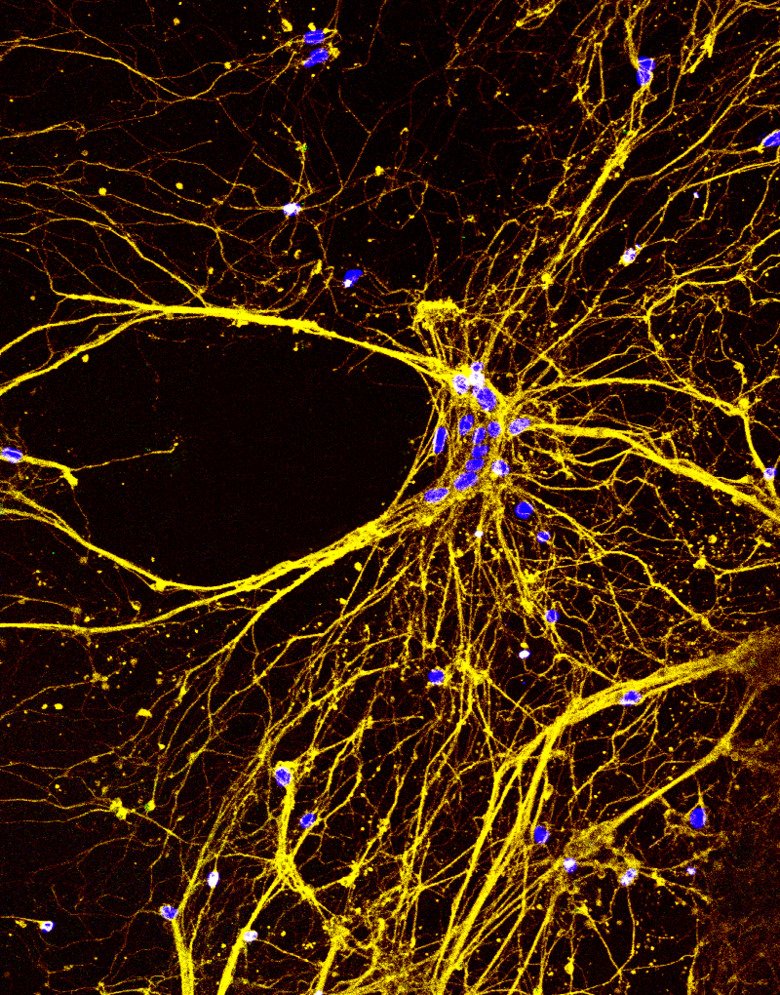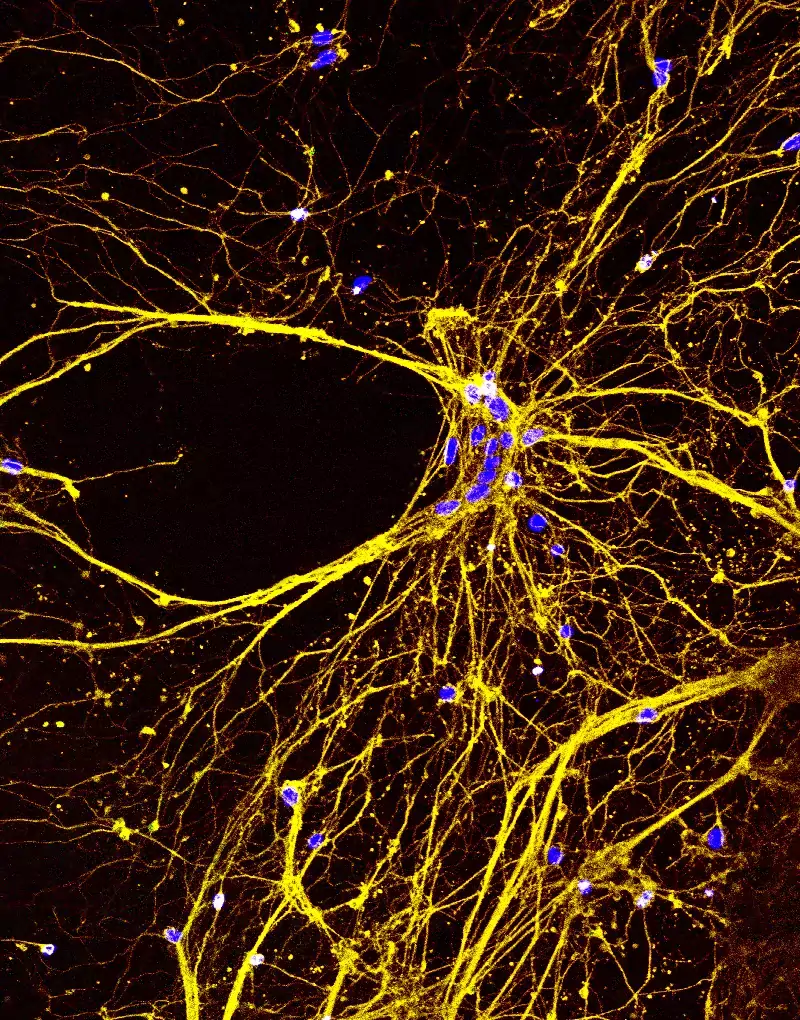
Our research
Different types of neurons are born at specific positions and at defined time points in the developing CNS. A central goal in the laboratory is to reveal the molecular mechanisms that control spatial and temporal aspects of neuronal fate specification. In this work, we are trying to identify signalling molecules and transcription factors that dictate the generation of specific neuronal subtypes in the developing neural tube.
Our studies focus on development of the spinal cord and brainstem, the simplest and best understood subdivisions of the CNS. Nevertheless, general principles that emerged from studies of neuronal determination at these axial levels appear to operate in a similar fashion in other, more complex, regions of the brain. In a long perspective, our studies are also aimed at characterising molecular pathways that control late aspects of neuronal differentiation, controlling the functional properties of neurons and the establishment of functional neuronal circuits.
We are also examining if determinants that control the generation of clinically relevant neurons during embryonic development can be used as tools in the development of stem cell-based replacement therapies for neurodegenerative disorders such as ALS and Parkinson's disease.

